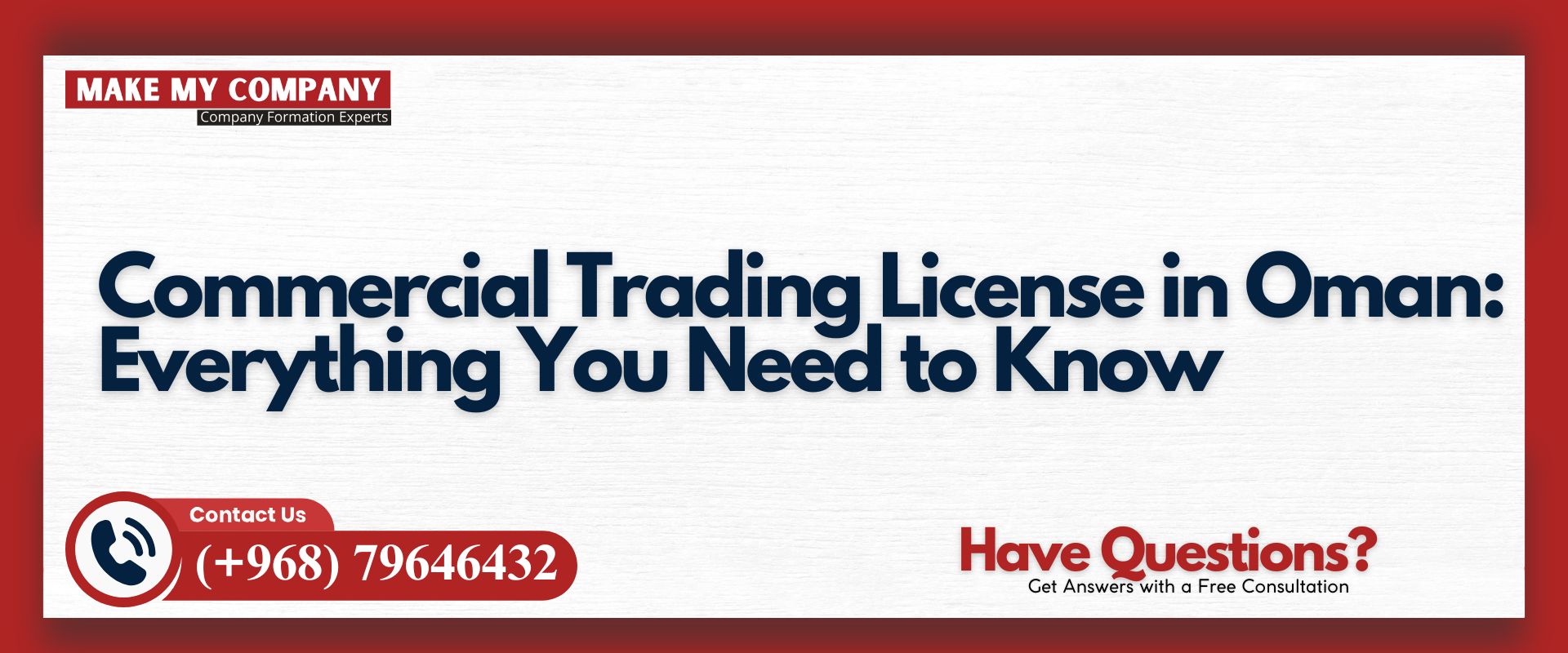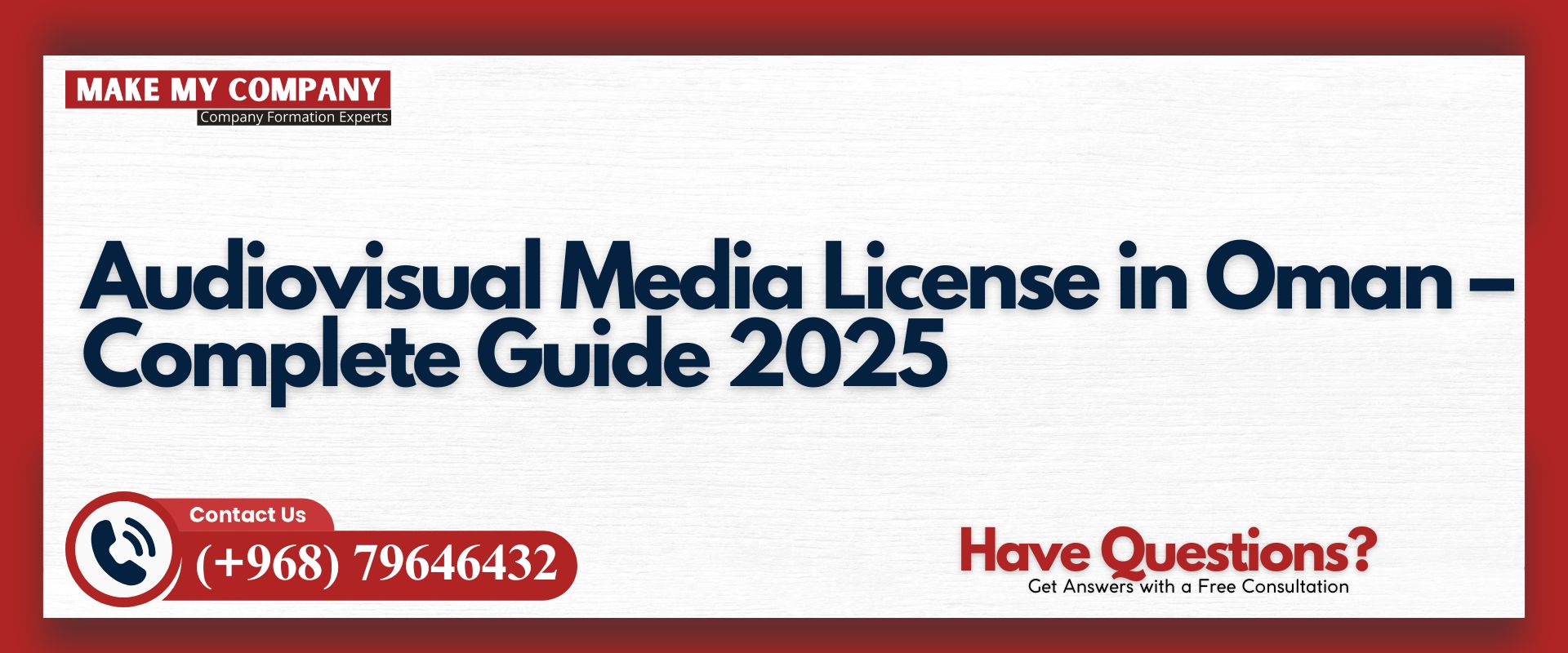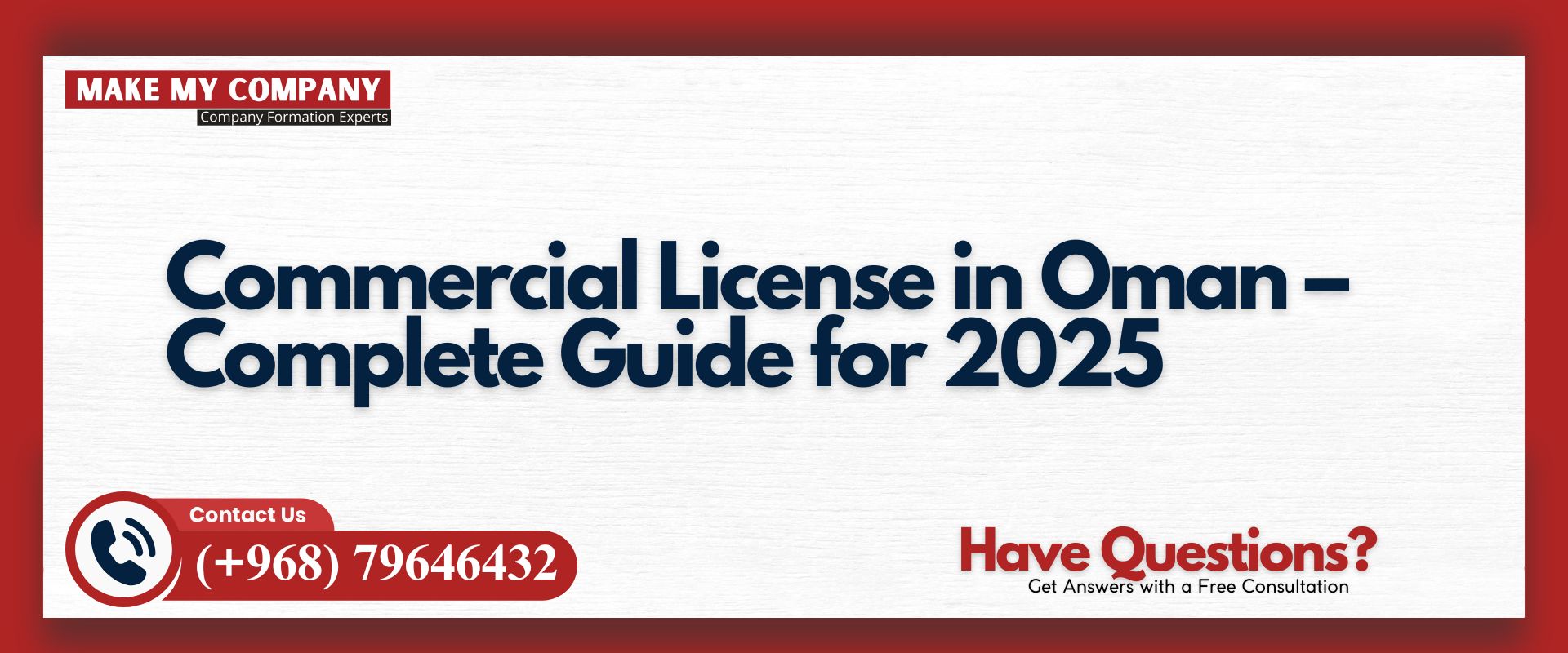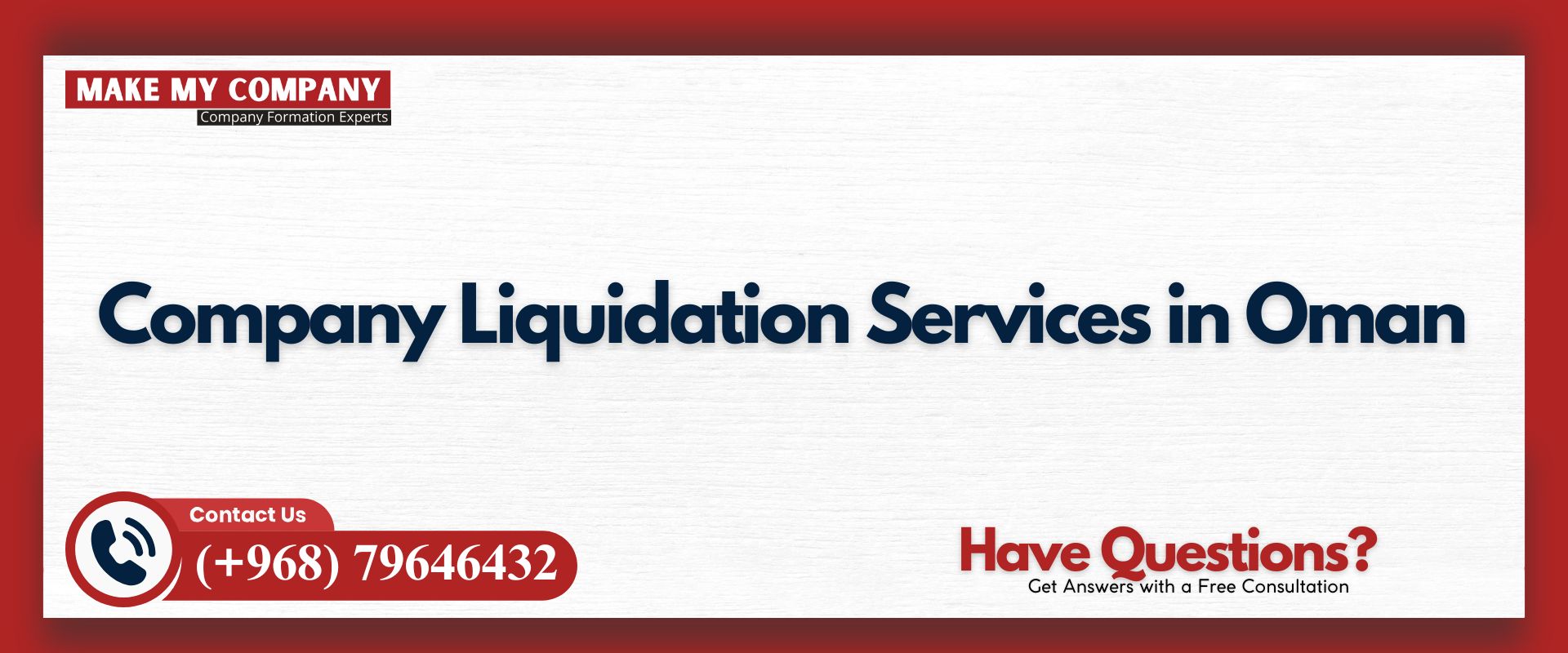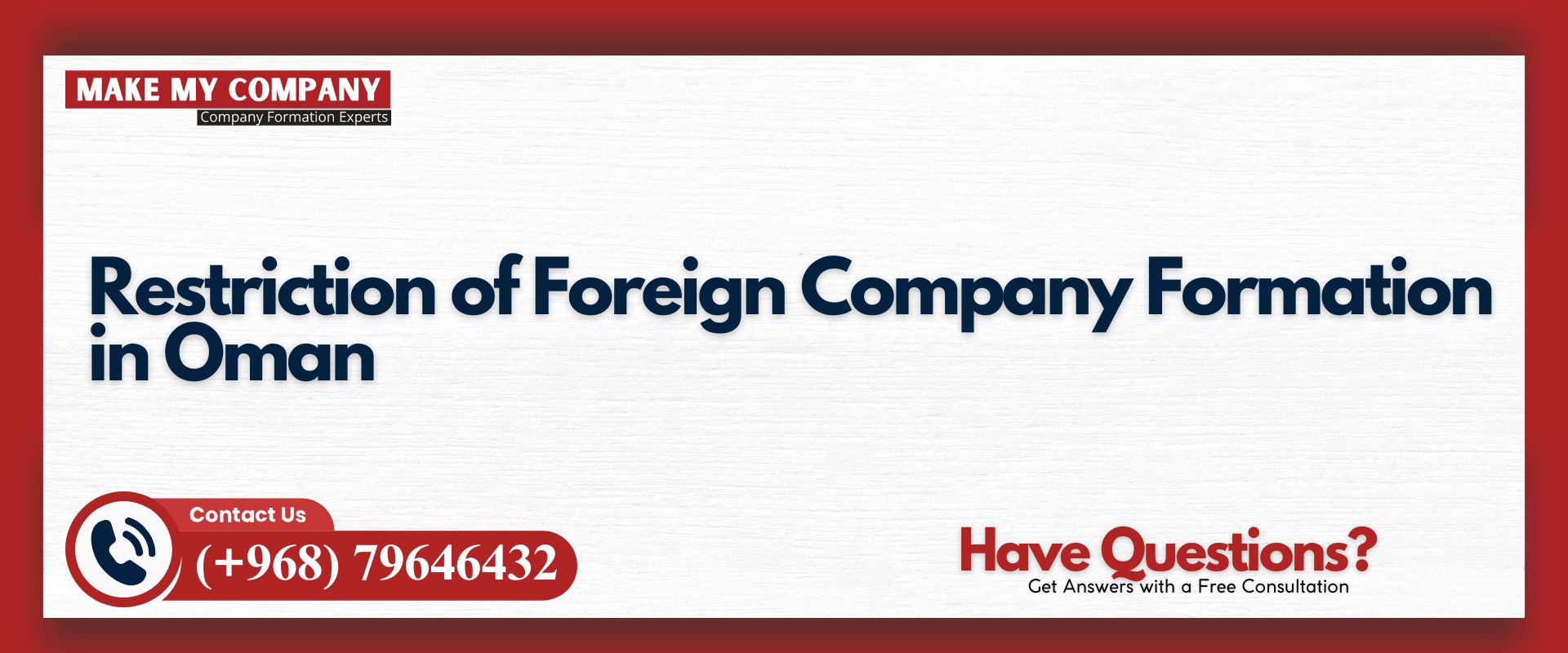Expanding your business to the Gulf? Oman offers a stable, business-friendly environment for entrepreneurs. If you’re looking to enter the local market, Mainland Company Formation in Oman is your ideal route. It provides full access to Oman’s domestic economy without the restrictions that come with Free Zones.
This detailed guide will walk you through everything you need to know—from business structures and license types to step-by-step registration, document requirements, benefits, and costs. Whether you’re a startup or an international investor, this article helps you make informed decisions.
What is a Mainland Company?
A Mainland Company in Oman is a legal entity registered under the Ministry of Commerce, Industry, and Investment Promotion (MoCIIP). Unlike Free Zone companies, mainland businesses can operate anywhere within Oman, engage directly with the local market, bid on government contracts, and open multiple branches.
Mainland companies in Oman can be formed by both Omani nationals and foreign investors—often in partnership—although recent reforms allow 100% foreign ownership in many sectors.
Types of Business Entities and Licenses Issued in Oman
Understanding your business structure is crucial to forming a compliant company. Here are the most common legal entities allowed under Omani law:
Limited Liability Company (LLC)
The most popular structure for SMEs. Requires at least 2 shareholders and limited liability based on shareholding.
Sole Proprietorship
Suitable for Omani or GCC nationals only. A single individual owns the business and is fully liable for debts.
Joint Stock Company
Ideal for large businesses or those planning to list on the stock exchange. Requires a larger capital base and board of directors.
Branch of Foreign Company
Allows international companies to operate in Oman under their parent brand. Needs a local agent and approval from MoCIIP.
Commercial Representative Office
Cannot trade or earn revenue. It’s purely for market research or liaising with customers or suppliers.
License Types
Oman issues licenses depending on business activity:
- Commercial License – For trading, retail, and general business activities
- Industrial License – For manufacturing and production
- Professional/Service License – For consultancies, agencies, and professionals
- Tourism License – For travel, hotel, and entertainment businesses
Step by Step Process for Mainland Company Formation in Oman
Mainland Company Formation in Oman is a structured but straightforward process. Here’s what you need to do:
Step 1: Choose Business Activity and Structure
Decide your legal structure (LLC, branch, etc.) and the nature of your business. This will influence capital, ownership rules, and licensing.
Step 2: Reserve a Company Name
Pick a name and reserve it through the MoCIIP’s online portal. Names must be unique, non-offensive, and must not resemble government entities.
Step 3: Draft a Memorandum of Association (MoA)
This outlines your company’s objectives, capital, and ownership. It must be notarized and approved by authorities.
Step 4: Register the Company
Submit the name reservation, MoA, and other documents to MoCIIP for commercial registration.
Step 5: Obtain Approvals
Get approvals from other relevant ministries if your business activity falls under regulated sectors (health, tourism, education, etc.).
Step 6: Lease Office Space
Secure a physical office address in Oman. A tenancy agreement is a mandatory requirement for license issuance.
Step 7: Apply for a Trade License
Once your office is secured and approvals are in place, apply for your trade license.
Step 8: Open a Bank Account
With the license in hand, open a corporate bank account with a local or international bank in Oman.
Step 9: Register for Tax and Social Security
You’ll need to register with Oman’s Tax Authority and the Public Authority for Social Insurance (PASI) if you plan to hire employees.
Requirements for Mainland Company Setup in Oman
To legally operate, your mainland company must fulfill a few key conditions:
- Minimum Capital: Varies by activity and structure (typically OMR 20,000 for LLCs)
- Local Address: A registered office in Oman is mandatory
- Commercial Registration: Issued by MoCIIP
- Municipality Approval: For location-based businesses
- Sector-specific Permits: For food, medical, education, and similar sectors
Foreign investors may also need to comply with Foreign Capital Investment Law, depending on ownership percentage.
Documents Required for Mainland Company Formation in Oman
Here’s a checklist of what you’ll typically need:
- Passport copies of all shareholders
- Visa and resident card (for residents)
- Proposed trade name
- Lease agreement (attested)
- MoA and Articles of Association
- Proof of minimum capital (if required)
- Board resolution (for corporate shareholders)
- Authorization letter (if a representative is applying)
Having complete, accurate documents ensures faster processing and avoids unnecessary delays.
Benefits of Mainland Company Formation in Oman
Establishing a mainland company in Oman brings many long-term advantages:
Access to the Local Market
Unlike Free Zone companies, mainland firms can do business directly in Oman and sign contracts with government entities.
100% Foreign Ownership
As of recent regulatory reforms, certain sectors now allow full ownership without a local sponsor.
Stable Economy
Oman has a resilient economy supported by oil, logistics, tourism, and manufacturing—offering a diversified base for new ventures.
Investor-Friendly Laws
The Oman Investment Law offers legal protections and incentives for foreign investors.
Favorable Tax Environment
There’s no personal income tax and only a 15% flat corporate tax rate for most companies.
Strong Infrastructure
Modern roads, ports, free trade zones, and logistics networks support both local and international trade.
Cost of Mainland Company Formation in Oman
Your actual investment will vary depending on the nature of your business and location. Here’s a rough cost breakdown in OMR (Omani Rial):
| Cost Item | Estimated Range |
| Trade Name Registration | OMR 50 – 100 |
| Commercial Registration | OMR 150 – 300 |
| Legalization of MoA | OMR 100 – 300 |
| Trade License Issuance | OMR 500 – 1,000+ |
| Office Lease (annual) | OMR 1,000 – 5,000+ |
| Consultancy/Legal Fees | OMR 500 – 1,000 |
| Corporate Bank Account Setup | Depends on bank |
| Additional Permits (if needed) | Variable |
Note: LLCs may require minimum capital deposits of up to OMR 20,000, but this may be waived or reduced depending on sector and ownership structure.
Conclusion
Forming a Mainland Company in Oman offers long-term flexibility, strong legal backing, and access to one of the GCC’s most open economies. With the right preparation, documentation, and support, you can set up quickly and position your brand for regional success.
Whether you’re an investor entering the Middle East or an entrepreneur scaling across borders, Oman is ready to welcome your business with streamlined processes, reduced red tape, and economic promise.
Looking for guidance? Explore Our Business Setup Services in Oman and let experts handle your registration, licensing, and compliance with ease.
FAQs
Can I own 100% of a mainland company in Oman?
Yes, under the revised Foreign Capital Investment Law, many sectors now allow full foreign ownership without requiring a local sponsor.
How long does it take to register a mainland company in Oman?
On average, company formation can take 7–14 business days, depending on the activity, documentation, and regulatory approvals.
Do I need to be in Oman to start my company?
Not necessarily. Many services allow remote setup through Power of Attorney and online portals, though physical presence may be required later for bank setup or visa issuance.
What’s the difference between Free Zone and Mainland companies in Oman?
Mainland companies can trade freely within Oman and access local markets. Free Zone companies are limited to specific zones and export activities unless they partner with a local distributor.
Is there any ongoing compliance after setting up the business?
Yes. You’ll need to renew your trade license annually, maintain accounting records, and comply with tax and labor laws.





